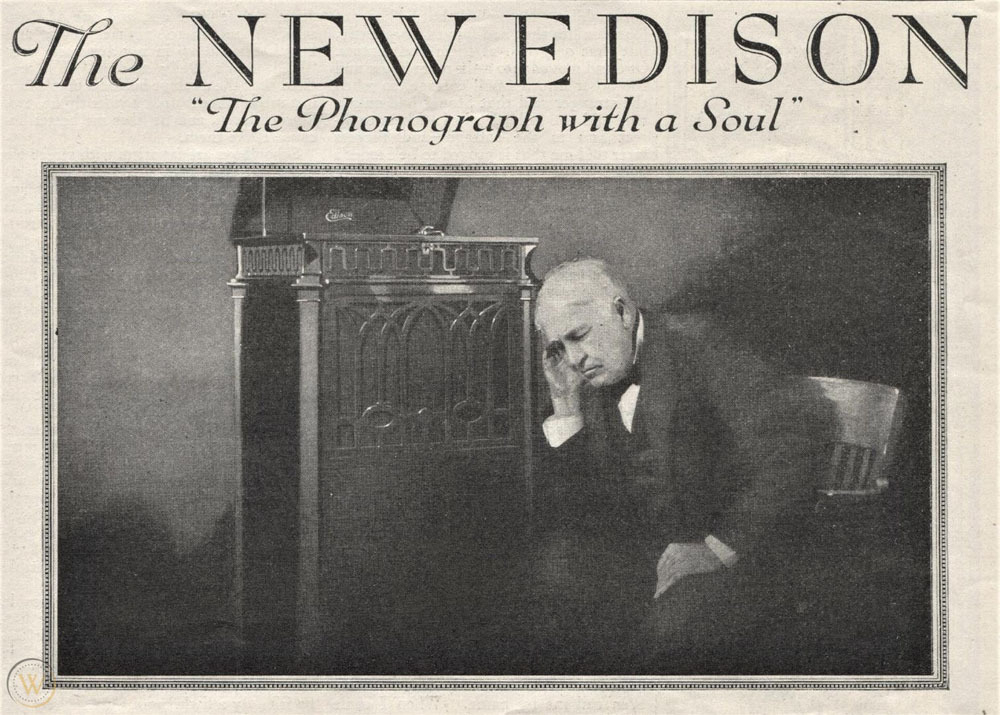As neuroscietist Beau Lotto points out, the Anthropocene is creating greater and greater uncertainty and unpredictability, but the one human trait evolution has created to help us deal with this is the sense of awe. See my annotation on Beau Lotto's beautiful TED Talk:
How we experience awe and why it matters
https://hyp.is/go?url=http%3A%2F%2Fdocdrop.org%2Fvideo%2F17D5SrgBE6g%2F&group=world
In short, the sacred is the antidote to the increase in uncertainty and unpredictability as we enter into the space of the Anthropocene. Awe can be the leverage point to the ultimate leverage point for system change that Donella Meadows pointed out many years ago- it can lead to rapid shift in paradigms, worldviews and value systems needed to shift the system.
